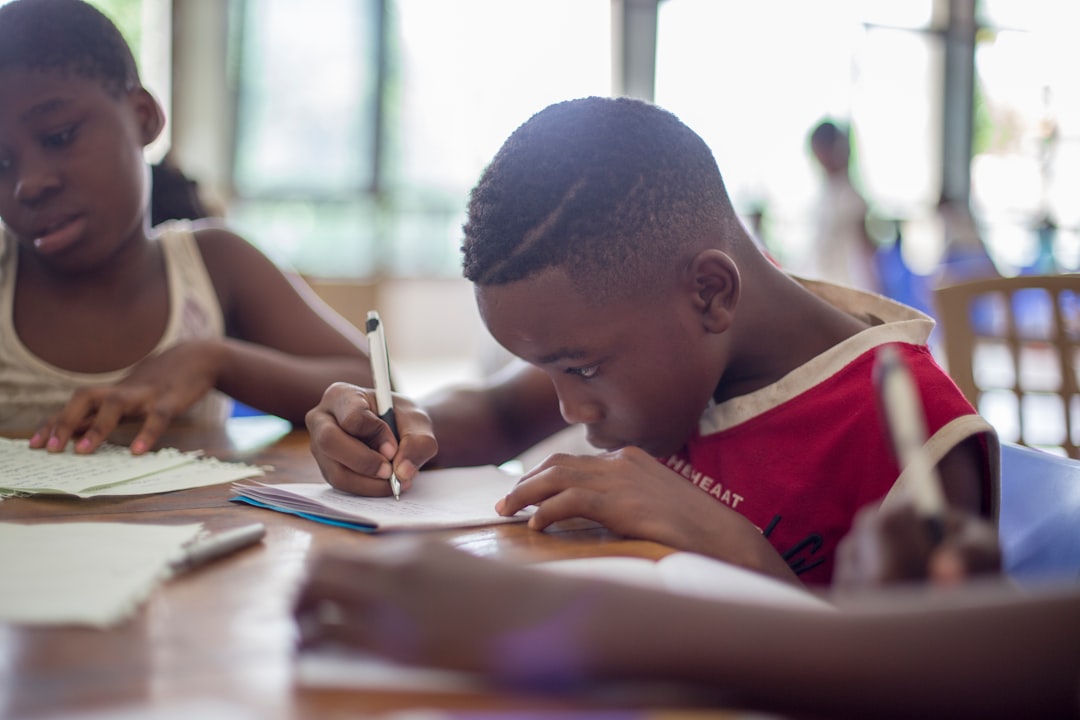What is it about?
This article examines perceptions of indigenous women of the Bilingual Indigenous Education Model for Life and Work (MIB) programme which the Mexican Government initiated a decade ago as an alternative route for indigenous youth and adults into basic education. The article further intends to explore the empowering potential of the programme as the majority of learners are women. The analysis, which is drawing from a diagnostic study conducted in 2012, reveals a range of issues that need to be addressed in order to better exploit the empowering potential of the MIB programme for indigenous women.
Featured Image

Photo by Pablo Rebolledo on Unsplash
Why is it important?
There are very few adult literacy programmes particularly designed for indigenous adults that are culturally and linguistically sensitive and gender-responsive. The Mexican experience is of interest for many other countries where such programmes still don't exist. It is important to listen to the voices of learners themselves, in this case indigenous women, in order to determine if the provision is fulfilling the criteria of acceptance, appropriation, relevance and usefulness.
Perspectives
Despite a number of challenges the MIB programme is facing, it has a great potential to contribute to social transformation and gender equality. The Mexican authorities would be well advised to further strengthen and roll it out as it can achieve model function at the regional and global levels
Ulrike Hanemann
Read the Original
This page is a summary of: Indigenous women’s perceptions of the Mexican bilingual and intercultural education model, Studies in the Education of Adults, April 2019, Taylor & Francis,
DOI: 10.1080/02660830.2019.1604305.
You can read the full text:
Contributors
The following have contributed to this page










